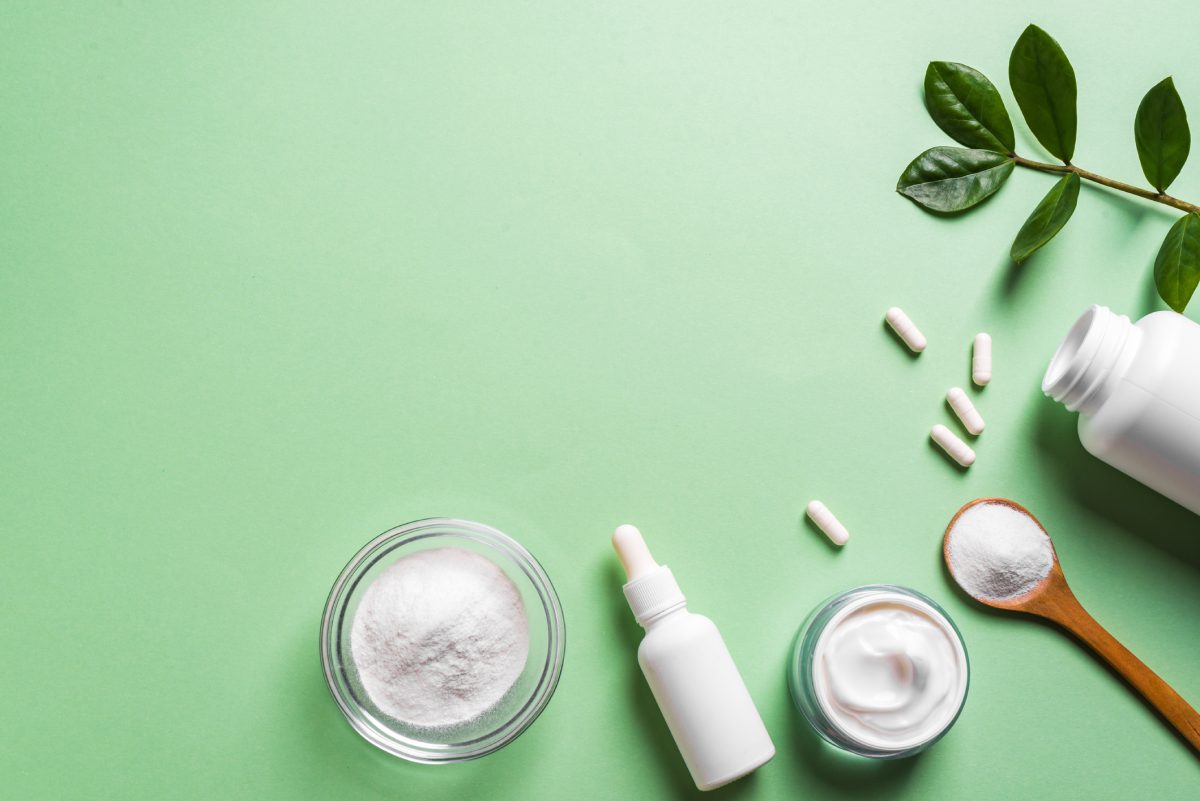Every morning, when I stare into the mirror, it seems I have a handful of new wrinkles staring back at me, thanks in part to something called age-related skin thinning.
That describes what happens when the outer layer of our skin becomes thinner, paler and less stretchy — contributing to the signs of aging we see in the mirror.
It’s also why our skin may tear or bruise much more easily and take longer to heal.
The good news is, though, that a simple vitamin that’s appearing more often in anti-aging skincare may actually restore skin function by reactivating genes essential for skin cell renewal…
The skin-boosting properties of vitamin C
As we get older, our production of skin cells begins to decline. That’s the first step leading to thinner, more fragile skin. Our bodies also produce less collagen, the protein that gives our skin structure and elasticity.
Researchers in Japan decided to test vitamin C, known for its antioxidant properties and commonly used in skincare products, on laboratory-grown models that mimic real human skin to see how the nutrient impacts skin regeneration. The surface of the skin cell model was exposed to air and nourished from underneath by a liquid nutrient medium, replicating the way human skin receives nourishment from underlying blood vessels while remaining exposed to the external environment.
Using this model, the researchers applied vitamin C at concentrations comparable to those typically transported into the epidermis by the bloodstream, and some amazing things began to happen…
Within seven days, the vitamin C-treated skin model exhibited a thicker layer of epidermal cells, without significantly affecting the stratum corneum, the outermost layer of the skin, which is composed of dead cells. By day 14, the inner epidermal layer had become even thicker, while the outer stratum corneum layer had become thinner.
This suggests something remarkable: Vitamin C promotes the formation and division of keratinocytes, the cells that make up 90 percent of the epidermis.
In other words, vitamin C actually appears to affect skin cell growth on a genetic level by reactivating genes associated with cell proliferation. It does so by promoting DNA demethylation, a process that spurs gene expression and helps cells grow, multiply and differentiate.
“VC seems to influence the structure and function of epidermis, especially by controlling the growth of epidermal cells,” says Dr. Akihito Ishigami of the Tokyo Metropolitan Institute for Geriatrics and Gerontology (TMIG), Japan.
Using vitamin C in skincare
According to the findings, vitamin C promotes skin renewal by triggering genetic pathways involved in growth and repair. That means vitamin C may be especially helpful for older adults or those with damaged or thinning skin by boosting the skin’s natural ability to regenerate and strengthen itself.
“We found that VC helps thicken the skin by encouraging keratinocyte proliferation through DNA demethylation, making it a promising treatment for thinning skin, especially in older adults,” Ishigami says.
Of course, this research needs to be confirmed by human studies. Until then, however, it couldn’t hurt to add a vitamin C cream or serum to your skincare regimen and make sure you’re getting plenty in your diet.
One thing to remember is that the vitamin C in creams and serum is prone to breaking down when exposed to light, heat or oxygen. That means as soon as you open your vitamin C skincare product, the clock starts ticking on its longevity.
To help extend your vitamin C’s shelf life, make sure the cream or serum is stored in an opaque bottle or jar and seal it tightly after each use. Never store it in the bathroom, where light and humidity can compromise its effectiveness. Instead, store it in the refrigerator, which will help delay the oxidization process. And once the serum turns yellow or brown, it means it’s oxidized, so discard it.
Sources:
Vitamin C flips your skin’s “youth genes,” reversing age-related thinning — ScienceDaily
Vitamin C Promotes Epidermal Proliferation by Promoting DNA Demethylation of Proliferation-Related Genes in Human Epidermal Equivalents — Journal of Investigative Dermatology
Wrinkles — Cleveland Clinic
How to Store Vitamin C Serum — wikiHow
Read full article here



